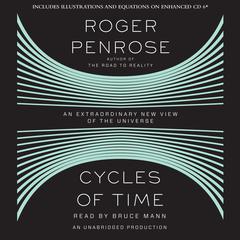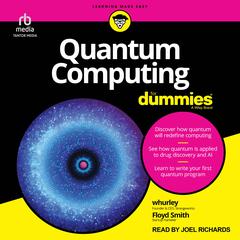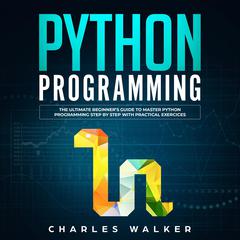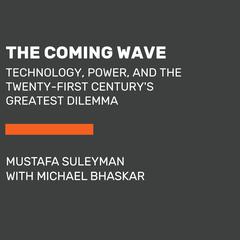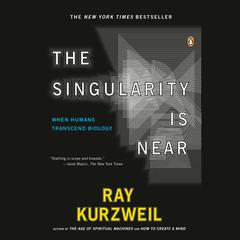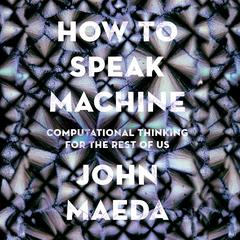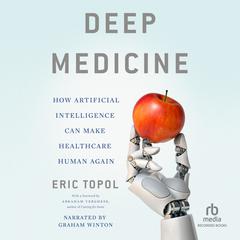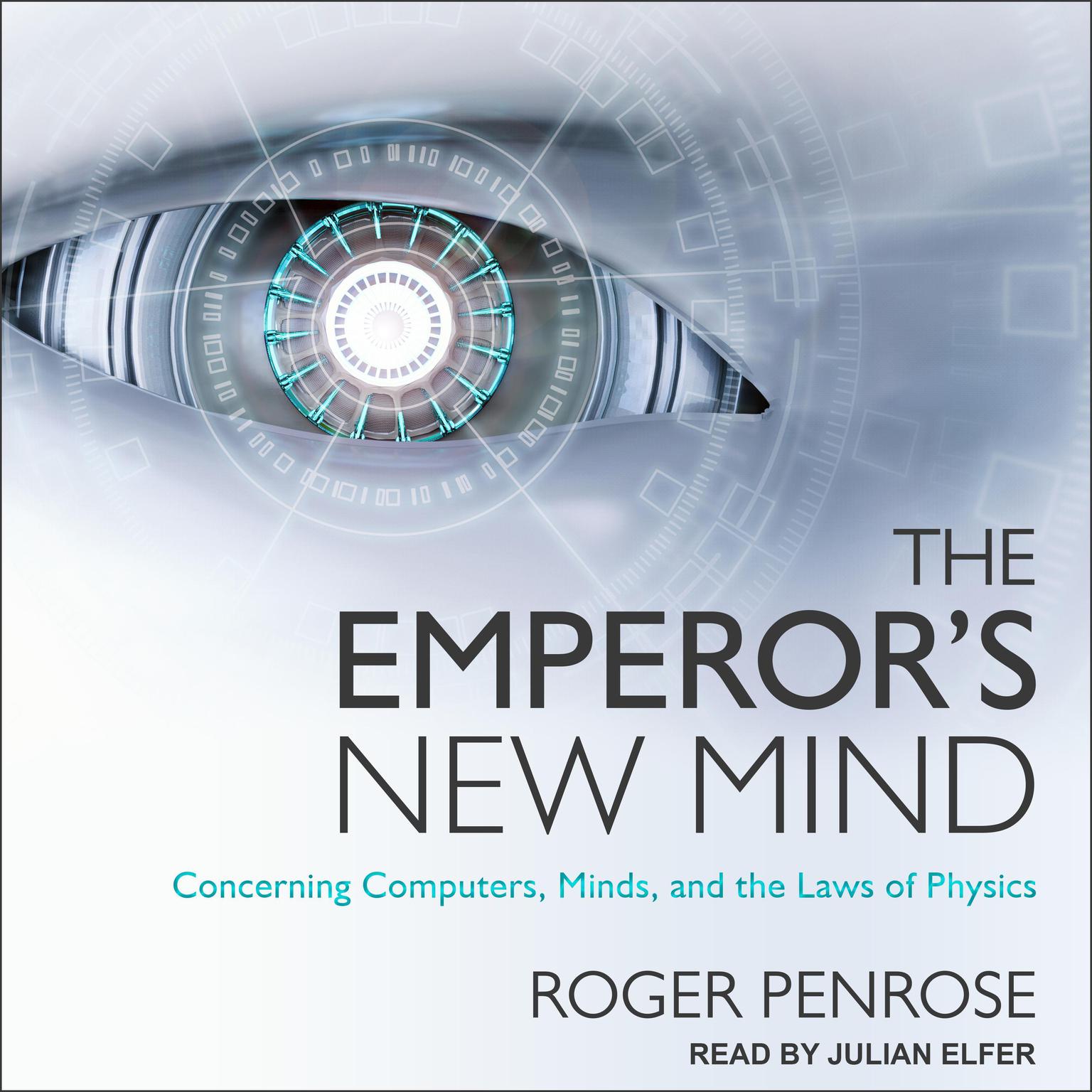 Play Audiobook Sample
Play Audiobook Sample
The Emperor's New Mind: Concerning Computers, Minds, and the Laws of Physics Audiobook
 Play Audiobook Sample
Play Audiobook Sample
Quick Stats About this Audiobook
Total Audiobook Chapters:
Longest Chapter Length:
Shortest Chapter Length:
Average Chapter Length:
Audiobooks by this Author:
Publisher Description
For decades, proponents of artificial intelligence have argued that computers will soon be doing everything that a human mind can do. Admittedly, computers now play chess at the grandmaster level, but do they understand the game as we do? Can a computer eventually do everything a human mind can do?
In this absorbing and frequently contentious book, Roger Penrose puts forward his view that there are some facets of human thinking that can never be emulated by a machine. The book's central concern is what philosophers call the "mind-body problem." Penrose examines what physics and mathematics can tell us about how the mind works, what they can't, and what we need to know to understand the physical processes of consciousness. He is among a growing number of physicists who think Einstein wasn't being stubborn when he said his "little finger" told him that quantum mechanics is incomplete, and he concludes that laws even deeper than quantum mechanics are essential for the operation of a mind. To support this contention, Penrose takes the listener on a dazzling tour that covers such topics as complex numbers, Turing machines, complexity theory, quantum mechanics, formal systems, Godel undecidability, phase spaces, Hilbert spaces, black holes, white holes, Hawking radiation, entropy, quasicrystals, and the structure of the brain.
Download and start listening now!
The Emperor's New Mind Listener Reviews
- — J, 7/16/2022
About Roger Penrose
Roger Penrose is Emeritus Rouse Ball Professor of Mathematics at the University of Oxford. He has received numerous prizes and awards, most notably the Wolf Foundation Prize in physics, which he shared with Stephen Hawking. He is the author of three previous books, including The Emperor’s New Mind. He lives in Oxford, England.
About Julian Elfer
Julian Elfer is an award-winning, classically trained British actor with extensive stage experience. He studied at the London Academy of Music and Dramatic Arts and the British Academy at Oxford University, where he studied with the likes of Derek Jacobi, Fiona Shaw, and Alan Rickman. Elfer currently resides and acts in New York City.




